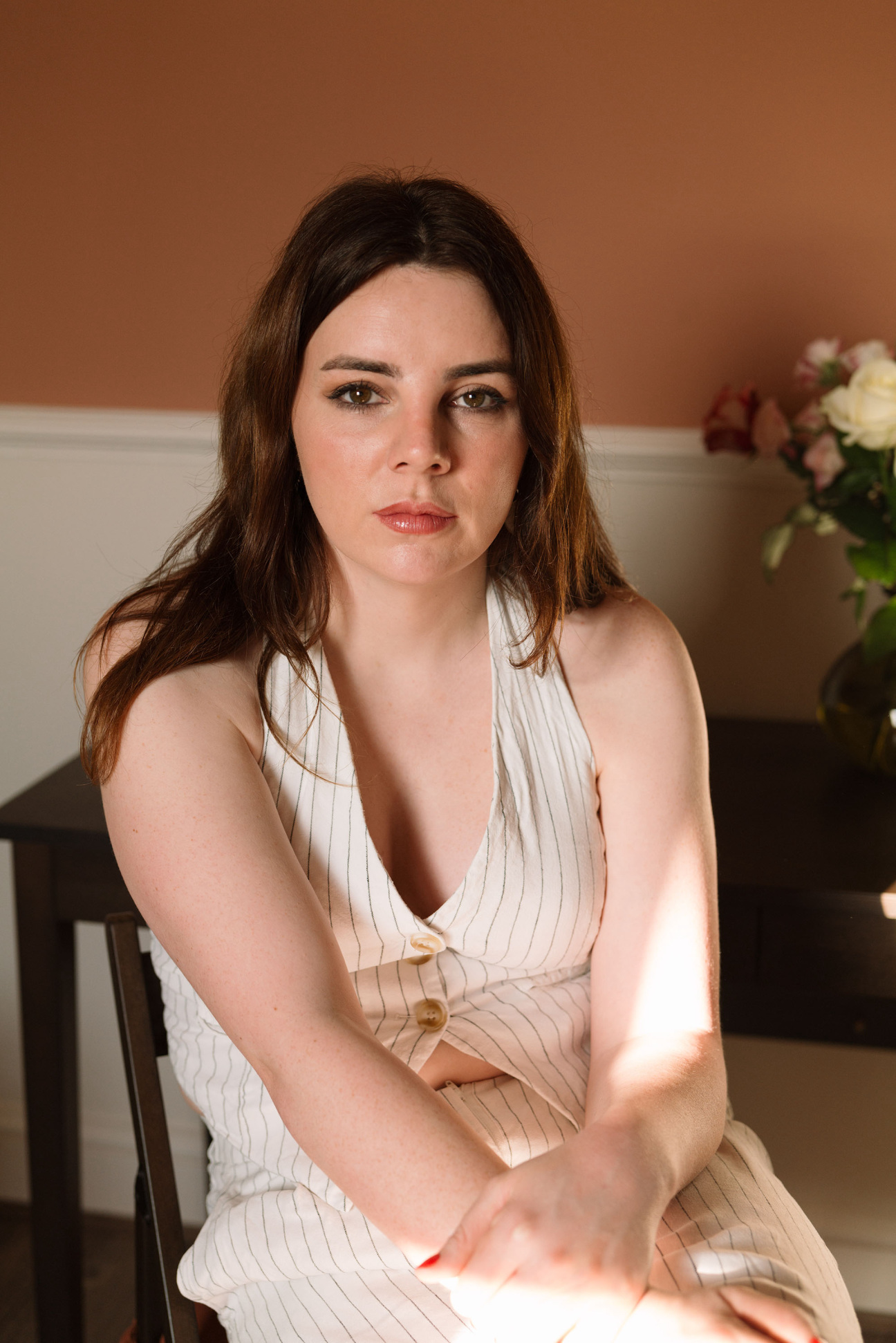
“The fundamental issue with love is that it’s this deeply personal experience, but we’re all consumed with comparing ourselves to other people,” Shon Faye tells me ahead of the May release of her new book, Love in Exile. Part memoir, part gender theory, and part Lana Del Rey deep dive, it’s Faye’s follow-up to her bestselling 2021 manifesto The Transgender Issue: An Argument for Justice. The undertaking was in part motivated by a first love’s aftermath: Faye channeled the pain of “the worst thing that has ever happened” to her into a lucid excavation of our modern-day romance landscape. Against the backdrop of our current compassion cold war, the British author offers up an inquiry into the trials, tribulations, and triumphs of the love we seek—and find.
Here, Faye shares what it felt like to put her own love language into language, what blackouts can teach us about infatuation, and why making queer art that stands on its own is still essential.
Adam Eli: How would you describe this book?
Shon Faye: I call this book a cold vivisection of my own heart. How can one be intellectually objective about one’s own romantic, sexual, emotional, spiritual life? Even though I know it’s impossible, the attempt is the book, and I think that attempt itself is interesting. At certain points I found that I was trying to present myself in a more positive light and having to double back and ask, Am I telling the truth? Not because I'm intending to be dishonest, but how honest is it possible to be about something as irrational as one's choices in love?
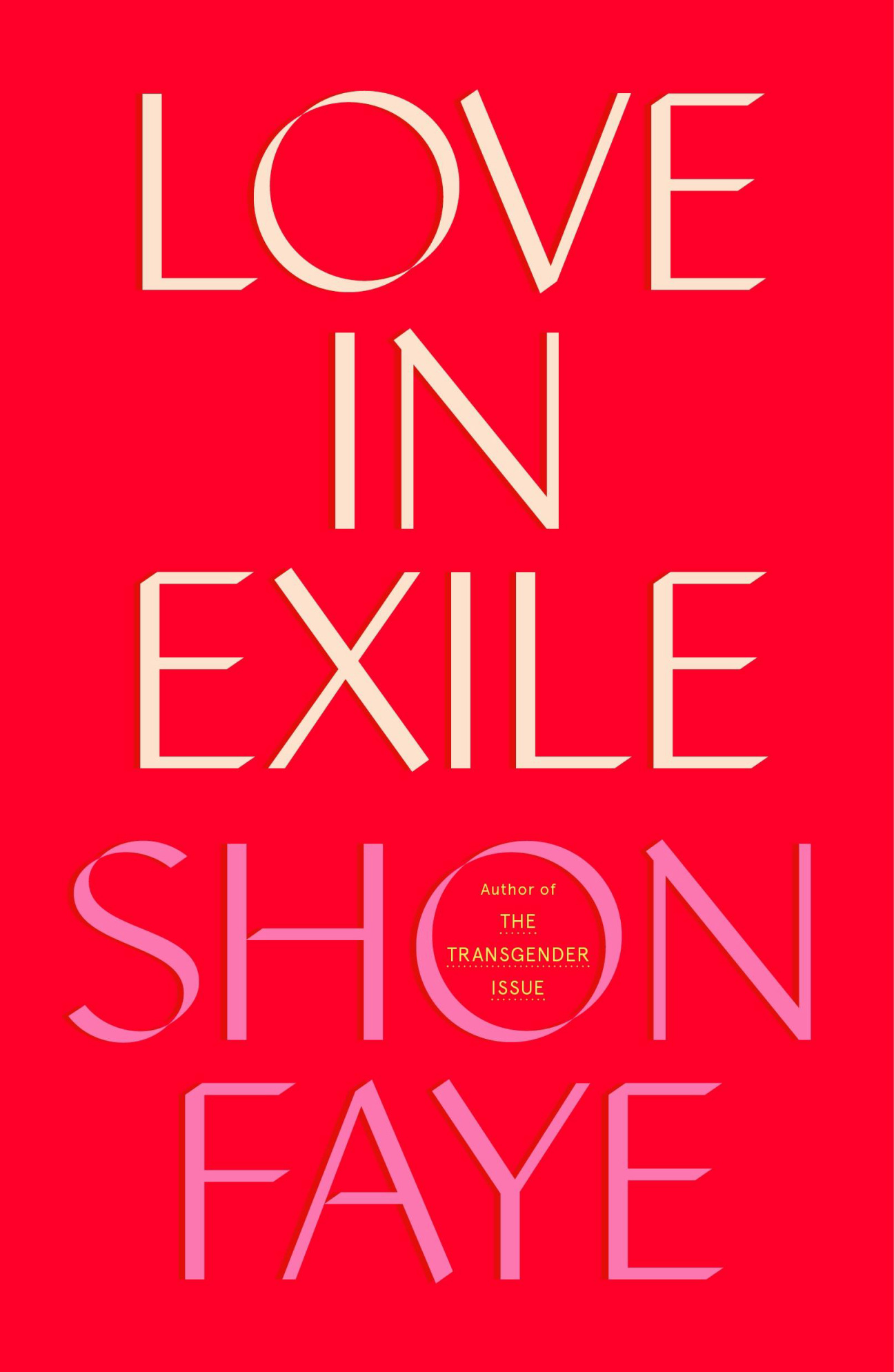
Eli: It sounds like an exercise in trying to remove delusion.
Faye: Someone once asked me, “What is the difference between fantasy and delusion?” The best answer I could come up with is that delusion is when you don't know that the fantasy is a fantasy. All delusion is fantasy, but not all fantasy necessarily is delusion. A hallmark of my previous relationships, and frankly my life experience, is that I was just unaware that I was not living in reality. One of the big messages of the book, and what love means for me, is that love can't be delusional. Separating real love, whatever that means, from fantasy has to be the first step. It has to be about being willing to see oneself and others as they truly are—to see past delusion and interrogate whether or not you're projecting fantasy and in doing so, hiding, obscuring what's actually in front of you. The more that we project a fantasy onto other people, the more we evade the beautiful reality of who they actually are and our ability to love them.
Eli: In the book, you say, “To this day, friendships with other queer people … are special to me, because they continue to act as an invitation toward greater self-possession.” Can you tell me more about that?
Faye: It is my friendships, not my romantic relationships, that have been the defining love relation of my life. In this context, I’m talking about bell hooks’s definition of love, which is “the will to extend one’s self for the purpose of nurturing one’s own or another’s spiritual growth.” When I was younger, my goal became assimilating as a trans woman—getting a straight boyfriend or whatever. But what I’ve learned in the intervening years is that the queer community I have in East London is where I find nourishment. Those friendships are what fuel a lot of my work and sense of self.
In certain bonds with other queer people, I get permission to do things society doesn’t really want me to, and our mutual friend, [the musician] Tom Rasmussen, is one of those people. Something I often discuss with Tom is how to make work that is not just about reifying the victimhood position, that is about the full gamut of human experience. One of the most powerful things about art made by queer people is that we display the fact that we are fully rounded people. Tom and I talk about making work that is good on its own merit and authentically queer without trading in this kind of “you have to like it because it’s queer” ethos.
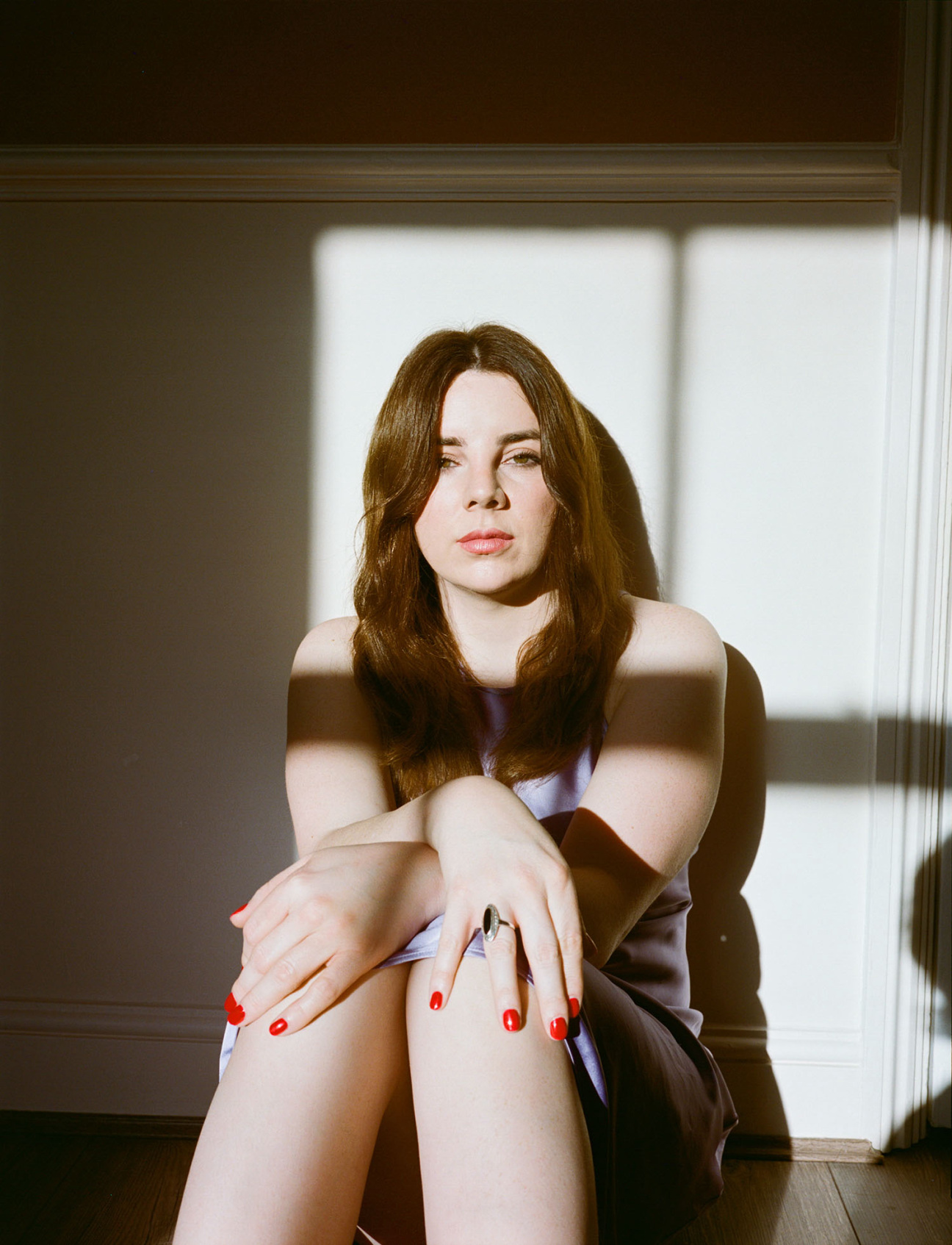
Eli: That plays into what you both call your Madonna Ray of Light era.
Faye: Madonna was 40 when she released Ray of Light, and it was kind one of her many reinventions. Being in your Ray of Light era is about producing a high-quality body of work and becoming a more elder, magisterial kind of woman. It is about exploring how to make work that may incorporate things like violence, loss, and pain without making it overly bleak and entrenching yourself as a victim. When I was younger I’d use layers of irony and humor to mask certain things. If I was going to share something painful, it would come with a joke. And there are jokes in this book, but what I’m interested in is how we talk sincerely about our emotional lives and about these difficult topics while also retaining a queer affect.
Eli: I’ve read a lot of fiction and nonfiction about alcoholism and addiction, but I’ve never seen anybody include the physiological explanation of why people black out. Why did you include that?
Faye: Most of the stories in my love life also have this parasitic vine of addiction wrapped around them. One of the big errors I’ve made in my life was to mistake what I thought was love for addiction and vice versa. In the book, I put forward this idea that addiction and love are things that, culturally, we can mistake one for the other. Why wouldn’t we? If you can get addicted to cocaine, why can’t you get addicted to falling in love?
People often don’t understand that blacking out isn’t about how much you’re drinking, but how fast you’re drinking. I was a blackout drinker. The same is true with me about infatuation. If I was becoming infatuated with someone, I would want them all the time. Both blackouts and infatuation have a sense of rapaciousness. The other thing is that a blackout is a narrative cut. If you’ve been in a blackout, it’s alarming because it’s like the scene has been cut, and then you wake up in another scene.
As writers, we pride ourselves on cohesive storytelling. Yet if we’re an alcoholic or an addict, large segments of our stories have been left out. In many ways, that’s a benefit to an addict; a blackout is a way to not be present in one’s own life, even for a minute or an hour. In the book, I argue that certain forms of unhealthy love and romance mirror that. Both allow you to tap out and not feel your life. If you become completely obsessed with another person, you don’t have to worry about yourself.
Eli: Because this is your first interview with an American publication, is there anything in particular you’d like to say to the United States?
Faye: There are lots of things, but I won’t say them all. What I will end on is this: Toni Morrison always spoke so eloquently when asked about why all of her characters were Black. She explained that Black characters were at the center of her work because, as a Black woman, she always understood herself as already being at the center. She felt that the readers would come towards her because she and her characters were already an entire universe. She was saying that she is not niche. I am not niche. No trans writer or author is niche, even if that label is projected onto us by politics or by a publishing house’s marketing department, right? Trans people have a very fucking interesting, humorous way of looking at life. Why wouldn’t that be of immense value to literature?

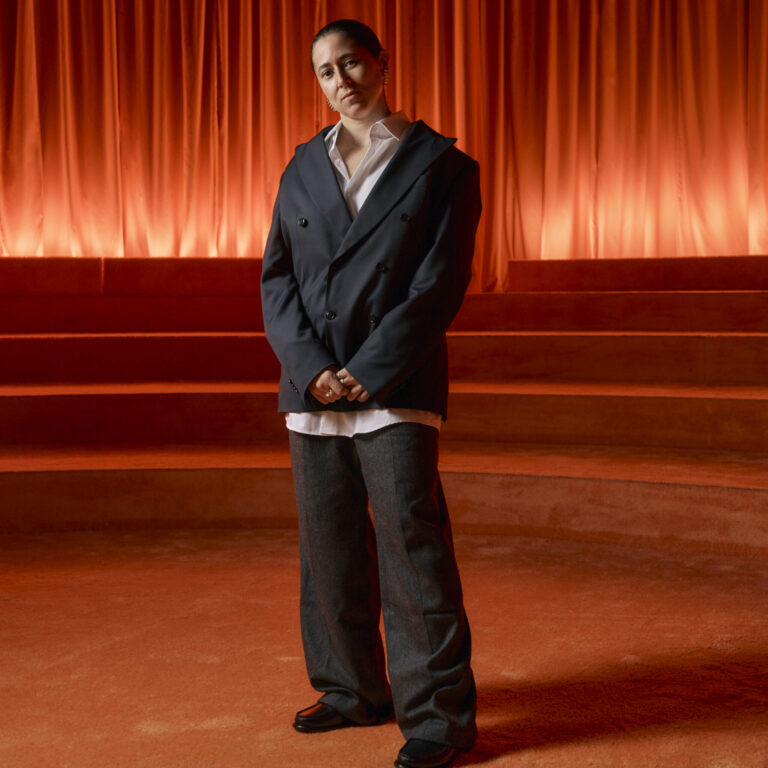
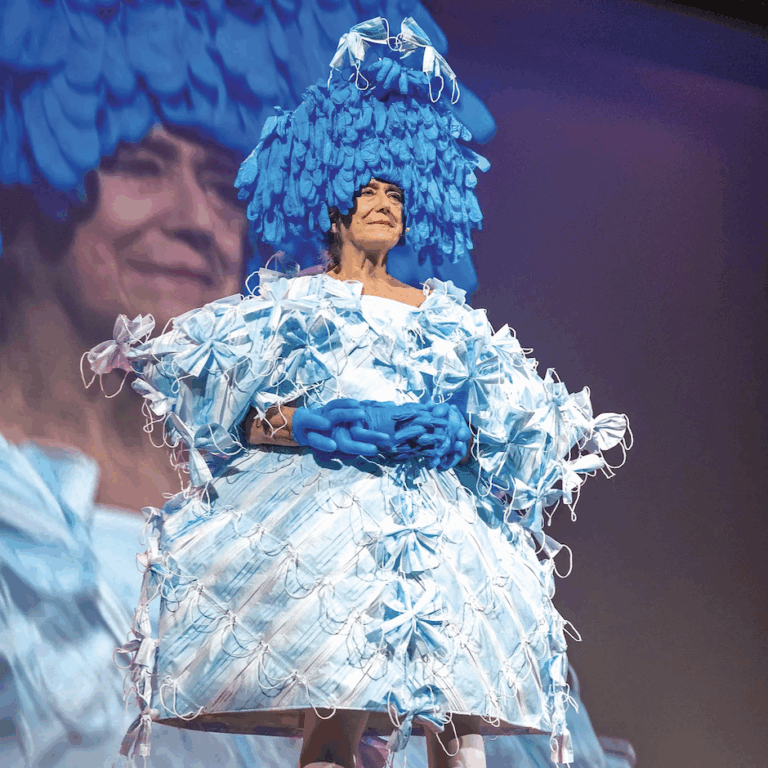
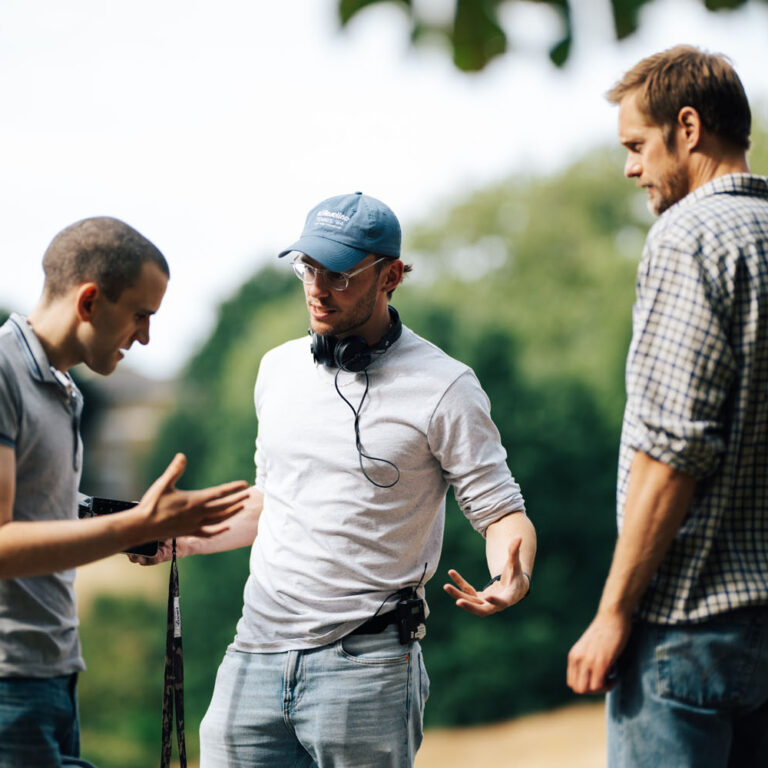
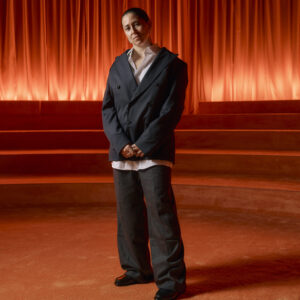
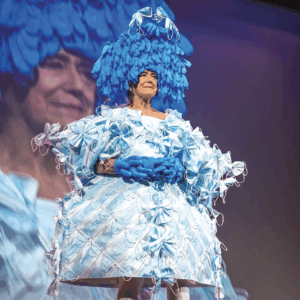




 in your life?
in your life?

